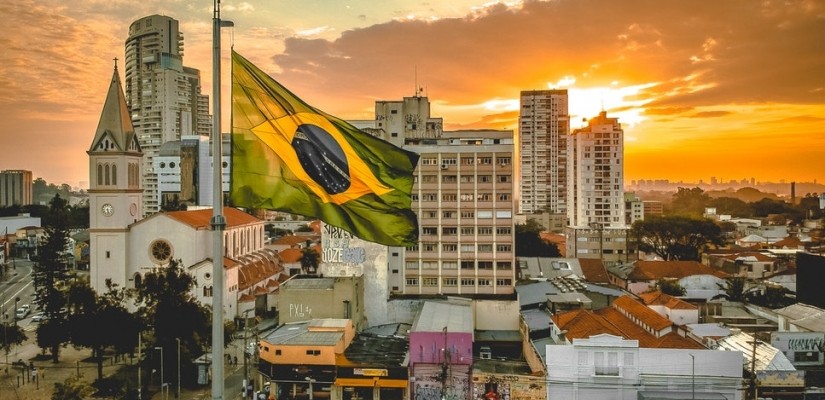Brazil is one of the younger democracies in the world. In the 1980s, the country transitioned towards democracy after the end of its military regime and is now the fourth largest democracy worldwide. With the appointment of Jair Bolsonaro as president on January 1, 2019, Brazil’s political landscape may have taken a turn from democratic rule. Since the beginning of 2019, the possibility of a stronger militarization of the country appears to be on the horizon. Bolsonaro’s presidency is a critical determinant for Brazil’s future and is set to last four years until 2022. Brazil’s head of state can be re-elected once. Bolsonaro’s presidency is only in its early stages, but his populism already resembles that of the Philippine’s President Rodrigo Duterte.
In comparison with other high-profile politicians, Bolsonaro did not have an orthodox political profile. After retiring as a military officer, Bolsonaro first experienced with political matters when he began serving as a congressman for Rio de Janeiro in Brazil’s lower house Chamber of Deputies in 1999. Never once in his tenure as a politician was he ever the leader of a party or in a position of seniority. Despite the odds against him, Bolsonaro was determined to win the election, suggesting that he would refuse an outcome which would not result in his victory.
What granted Bolsonaro success was his campaign rhetoric. His speeches addressed the frustrations of Brazil’s population, who were concerned with the corruption scandals of Brazil’s political elite, high crime rates, and Brazil’s economic recession. 55% of Brazil’s population supported Bolsonaro during the 2018 general election, anticipating that his policies would tackle these issues, despite his many controversial public statements. Former president Luiz Inacio “Lula” da Silva (2003-2010) is serving a prison sentence, former president Dilma Rousseff (2011-2016) was impeached, and former president Michel Temer (2016-2018) was arrested in March 2019 and will stand trial. Hence, it comes as no surprise that Brazil’s population had hoped for a president that would guide the country away from corruption. Bolsonaro’s rival in the presidential campaign, Fernando Haddad of the leftist Worker’s Party (PT), could not shed the PT’s public reputation as a corrupt party which had brought Lula and Rousseff to power. This perception became a strong advantage for Bolsonaro.

In addition to corruption, one critical issue in Brazil is the country’s high crime rates. In 2017 alone, the number of homicides reached a record high and rose to almost 60,000 nationwide. Calculations from early 2019 suggest a downward trend in murder rates, a fact Bolsonaro ascribes to his war on crime policy and easing of gun laws. This positive development, however, began even before Bolsonaro’s term in office and cannot be directly correlated with the incumbent president’s policies. In fact, the number of killings of police has increased since Bolsonaro came to power.
Bolsonaro’s approach to tackling murder in Brazil resembles that of Duterte’s war on drugs as it promotes combatting crime with authorized violence. Militarizing the police and loosening public gun laws are cornerstones of this policy. In January 2019, the president approved of new regulations that facilitate ownership of guns for hunters, collectors, and sharpshooters. Five months later, in May 2019, Bolsonaro initiated a new policy facilitating the import of weapons. The law will take effect within 30 days. Previously, arms from abroad that are too similar to domestically available weapons could not be imported in Brazil. Moreover, the new regulation raised the ammunition purchase limit. Previously, ammunition purchases were capped at 50 cartridges annually for civilians with exceptions for military personnel, the police, and hunters. After the new law is implemented, the limit will allow for 5,000 cartridges per year for normal guns and 1,000 per year for restricted weapons such as semi-automatic guns.
Under Bolsonaro’s presidency, more militarist characteristics that may harm Brazil’s democracy are likely to be adopted. Violence rates, particularly involving the police, could also increase in the long-term and leave security issues unsolved. The question remains whether Bolsonaro will maintain his popularity as President Duterte has done in the Philippines. If he does, he will have free reign to implement his policies. A recent poll, however, hints at a different trend in Brazil’s society. Although President Bolsonaro proved popular during the election, approval rates have sunk since February 2019.
